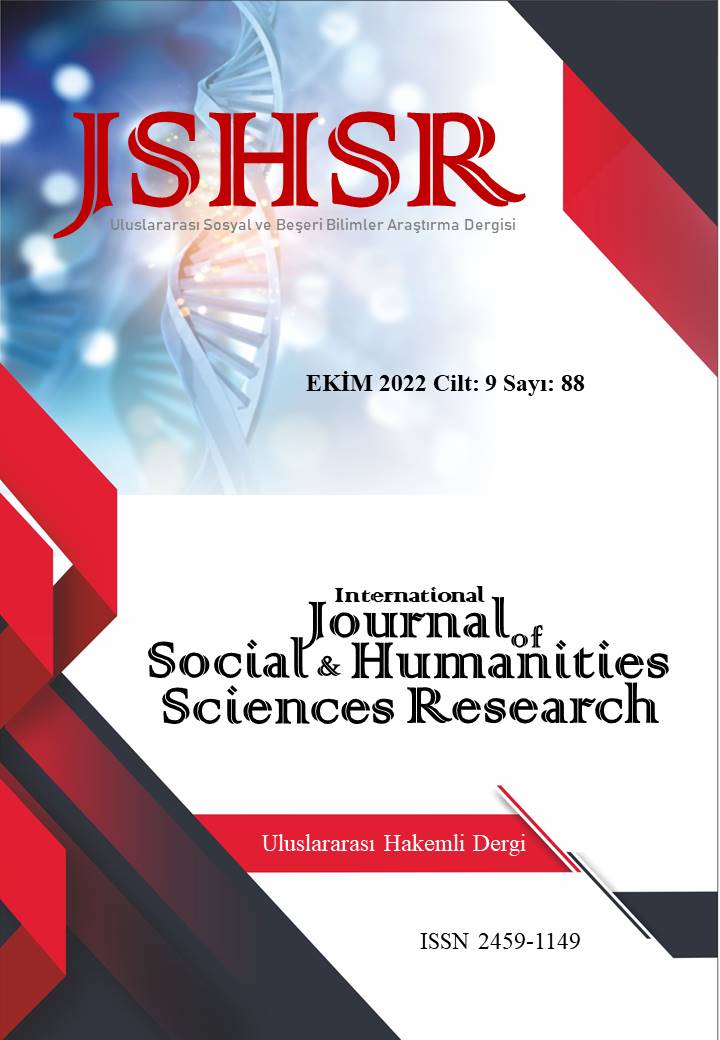THE COVID-19 PANDEMIC: THE PHILOSOPHY OF A GLOBAL CRISIS
DOI:
https://doi.org/10.26450/jshsr.3276Keywords:
Whitehead, Covid-19, Pandemic, God, Divine WarningAbstract
The World Health Organization (WHO) declared Covid-19 as a global pandemic on March 12, 2020. Due to the deadly effect of Covid-19, all nations have taken very intense measures against the pandemic. The practice of "stay at home", which is a legal obligation, is one of the most important of these measures. People had to take a break from their physical social relationships for about two years. This situation made two things urgent: The first of these is to find the vaccine that will protect people from the deadly attack of the virus in the shortest way. The second is to end the pandemic and return to the old way of life as soon as possible.
The article focuses on the second of these two emergencies. The article focuses on the second of these two emergencies. The innocence of the old way of life is questionable, while the problems with the human-earth relationship that created the pandemic and other global crises are evident. In this context, the study discusses the ontological possibilities of a new life that can be established in the post-pandemic period based on Whitehead's philosophy. Secondly, it focuses on the relationship between the pandemic and religion. In doing so, he reinterprets the "divine warning" concept of Judaism, Christianity, and Islam, based on Whitehead's ontology.
Downloads
Published
How to Cite
Issue
Section
License
Copyright (c) 2022 INTERNATIONAL JOURNAL OF SOCIAL HUMANITIES SCIENCES RESEARCH

This work is licensed under a Creative Commons Attribution 4.0 International License.


